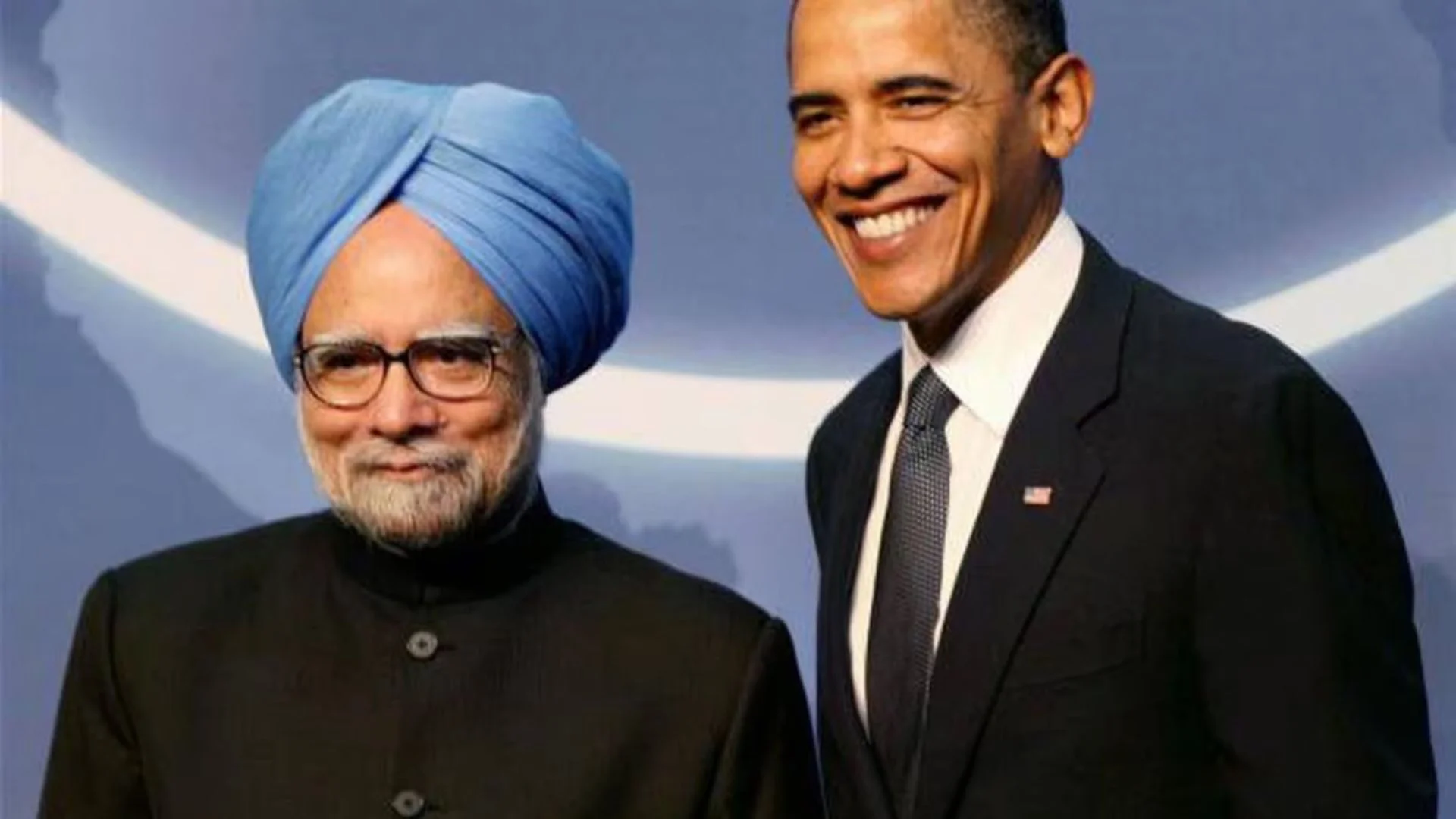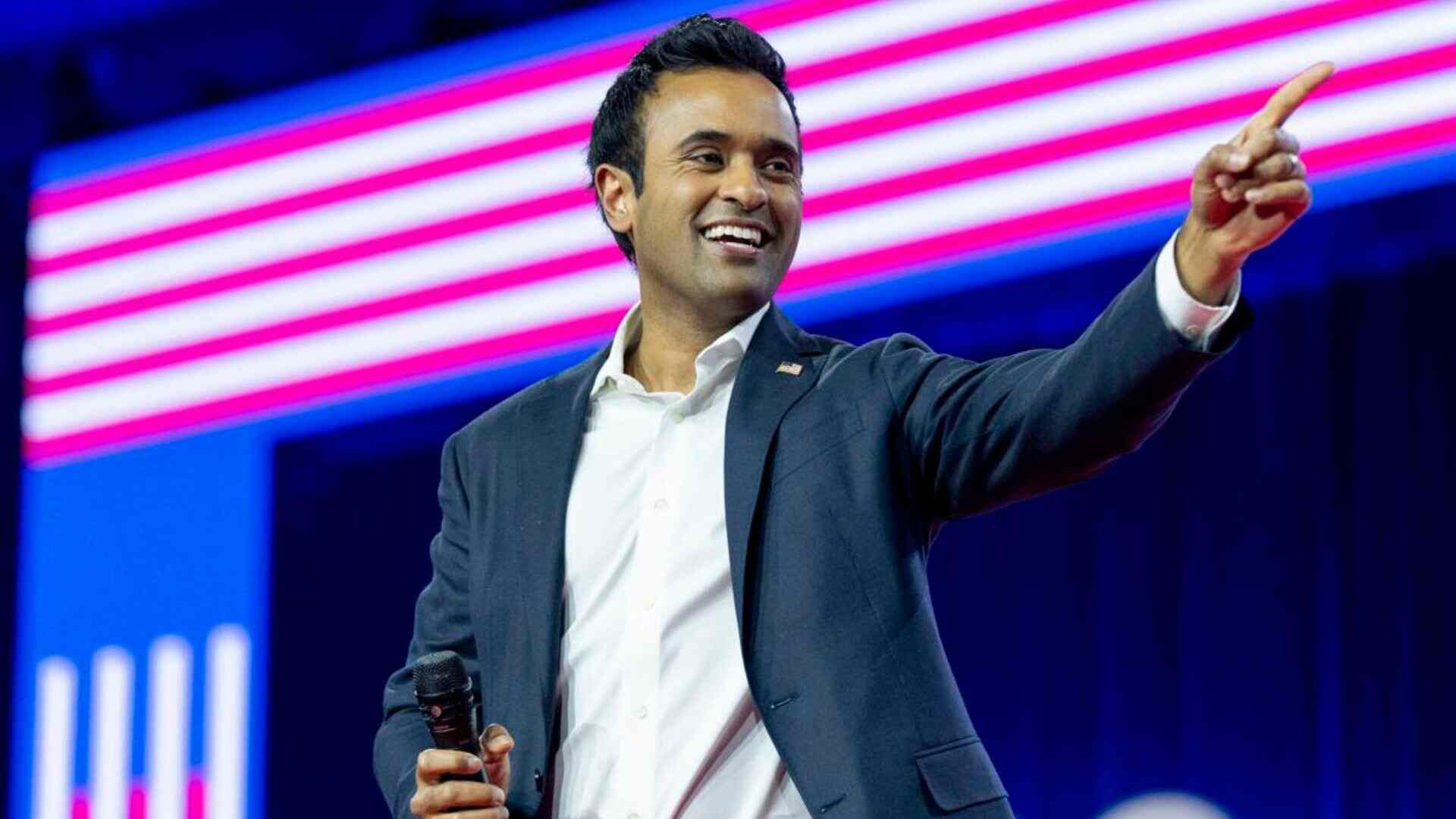In the electric atmosphere of an IPL cricket match, amidst the roar of the crowd and the crack of willow on leather, a new kind of gambler sits glued to their phone. They aren’t betting on bookies or playing teen Patti in a smoky backroom – they are using fantasy sports apps. With a few taps, they create a virtual team of real players and win or lose money based on how those athletes perform.
This modern form of online gambling has experienced a meteoric rise in popularity across India. During the 2023 IPL season, reported over 180 million users participated in fantasy gaming & there is an expected growth of half a billion by 2027. In the year 2022, The revenue generated by the fantasy sports market in India totaled 68 billion Indian rupees. Projections indicate that the fantasy sports market in India is poised for continued growth, with anticipated revenue reaching 253 billion Indian rupees by the fiscal year 2027.
This explosive growth has been fueled by a relentless marketing blitz, with famous cricketers and celebrities endorsing these apps, promising quick riches and sporting glory.
However, behind the glitz and glamour lies a troubling reality. Stories are emerging of young individuals, including children, falling prey to addictive behaviors and losing significant sums of money. In Sidhi district of Madhya Pradesh, 25-year-old Harshit (name changed) lost his entire 40,000 rupee tuition fund after being introduced to betting apps by a friend. His father, a laborer burdened with debt, had borrowed the money to support his son’s aspirations of securing a stable government job through coaching classes.
Similarly, in another village nearby, 16-year-old Naveen (name changed) squandered 6,000 to 7,000 rupees—equivalent to a month’s household income for his struggling farmer father—enticed by the allure of IPL advertisements glamorizing fantasy sports as harmless entertainment.
These distressing narratives echo across India’s hinterlands, where the accessibility of online betting lacks adequate safeguards. Tragically, a young boy of just 11 years old took his own life after accumulating 6,000 rupees in secret debt on gaming apps—an ordeal unknown to his devastated parents until it was too late. A complex web of legal ambiguities and societal concerns emerges, prompting an urgent need for regulatory clarity.
The landscape of gambling and gaming regulations has a historical backdrop, shaped by legislative frameworks and judicial interpretations that continue to influence contemporary policies. The journey began with the Public Gambling Act of 1867 (PGA), a foundational piece of legislation that aimed to curb physical gambling establishments across British India. Central to this act was the distinction it drew between “Games of Skill,” considered legal, and “Games of Chance,” deemed illegal—a dichotomy that remains pivotal in modern gaming discussions.
Following India’s independence, individual states were granted autonomy in regulating gambling activities, resulting in a patchwork of laws and regulations. Some states, like Goa and Sikkim, have embraced a more progressive approach by modernizing their gambling legislation to accommodate emerging trends. In contrast, others have adopted stringent prohibitions, reflecting diverse attitudes towards gaming within the country.
In a landmark 1967 ruling, the Supreme Court affirmed the legality of Rummy, setting a precedent that games requiring substantial skill are permissible under Indian law. This ruling has become a cornerstone for the burgeoning fantasy sports industry, which argues that its platforms demand strategic thinking, analysis, and expertise – qualities inherent in “games of skill.”
But the debate rages on: where does one draw the line between “Skill” and “Chance”? The Supreme Court’s “dominant factor test” provides a guiding principle, asserting that if a game’s outcome is predominantly determined by skill, it should be deemed legal. However, this nuanced approach often collides with rigid state laws that fail to capture the complexities of modern gaming.
In 2022, the Supreme Court ruled that fantasy sports games indeed require significant skill to analyze statistics and deploy strategies – not just blind luck – which in theory should protect them. However, legal experts argue the app algorithms are ultimately rigged by their creators to ensure consistent house profits, making claims of “skill” somewhat dubious. There are also concerns that user skill levels are irrelevant for minors who are simply being exposed to normalized gambling behavior from a young age.
The lack of clear national laws has created a patchwork policy nightmare across states. Some like Goa and Sikkim have pushed to regulate and tax online gaming, while others want to ban it outright, treating it at times like vice activities such as alcohol or tobacco. Last year, Madhya Pradesh began exploring new laws after a spate of tragic addict cases. The proposed measures could provide families with much-needed protection by mandating parental controls and safer age-gating.
The Federation of Indian Fantasy Sports (FIFS), founded in 2017, is an industry body claiming to safeguard consumer interests and set standards within the Fantasy Sports (FS) industry. However, it is primarily led by fantasy gaming companies, raising concerns about its independence and ability to protect user interests impartially. The self-regulatory nature of FIFS may not adequately address the risks associated with online fantasy gaming.
Telangana State Gaming (Amendment) Ordinance of 2017 exemplifies this discord. By categorizing online games involving stakes as “gambling,” the ordinance defied long-standing legal precedents, triggering a firestorm of debates and legal challenges.
With so much cash on the line from a lucrative new market, it’s no wonder the platforms can afford to splash out on an endless bombardment of A-list ambassadors and slick advertising campaigns. Mere “advisory” warnings about gambling risk seem somewhat tone-deaf when kids as young as ten are encouraged to “study player stats and create winning teams” or “become a fantasy sports millionaire.”
The implementation of a 28% GST on initial deposits by players on fantasy gaming platforms has sparked discussions about how this affects user transactions. This tax rate is not applied to subsequent contest entries after the initial deposit. To counterbalance the impact of this tax, Fantasy Apps has introduced a discount point system. Under this system, players receive discount points equivalent to the GST charged on their deposits, ensuring that their playable balance remains unaffected despite the tax levy.
Additionally, earnings exceeding ₹10,000 from online gaming platforms are categorized under “Income from Other Sources” according to Section 194BA of the Income Tax Act. This mandates a 30% Tax Deduction at Source (TDS) on the net earnings. For example, if a player wins ₹15,000 on a fantasy sports app, a 30% TDS deduction of ₹4,500 is applied, resulting in the player receiving ₹10,500 in their bank account after deduction. TDS is calculated on the total prize value, but the deduction only affects the cash component of the prize.
So where does the solution lie? Gambling addictions have blighted communities across the world for centuries, but rarely have the vector and audience been so omnipresent and mainstream as with modern fantasy sports apps. Experts suggest a two-pronged solution:
First, a robust national law permanently enshrines fantasy gaming as legal only for adults over 18, with stringent identity checks, limits on deposits/play frequencies, cooling-off periods between bets, and self-exclusion options for addicts.
Secondly, an aggressive multimedia public education campaign on the risks of gambling addictions and available professional treatment options, potentially involving famous athletes themselves promoting responsible gaming behavior as a skill-based hobby, not a get-rich shortcut.
Lives like those of Harshit, Naveen and countless others have already been impacted. The fantasy sports and live betting revolution may be lucrative, but its long-term costs to Indian society could be too high to pay if left unchecked. Regulating this new frontier is an opportunity for visionary policymakers to get ahead of a potential mental health crisis by ushering in smart laws and societal attitudes that put a safer spin on the game.














